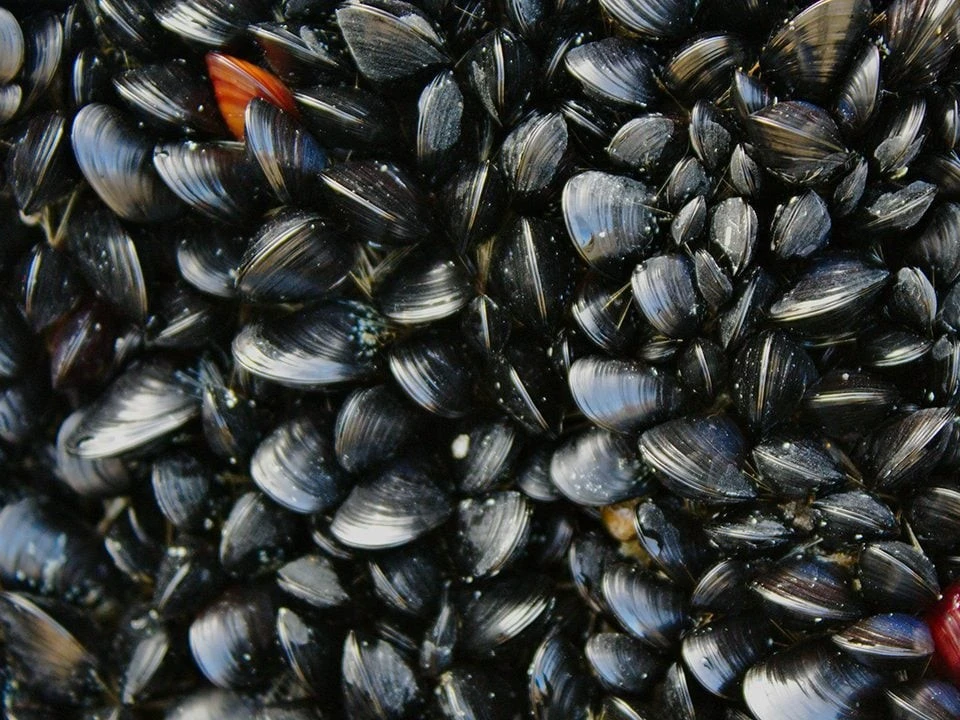An Italian company has found a way to take recycling to a much higher level: collecting mussel shells and other bivalve mollusks derived from waste in manufacturing to turn them into an environmentally sustainable cement. The step is not direct (mussels do not directly become cement) but the project works.
The startup is called W3DS (an acronym for "Wasted Shells"), headed by 31-year-old Serena Lotto , 27-year-old Matteo Peluso and 33-year-old Michele De Siati. From Lecce, Rome and Cremona, the three very young men returned to Taranto after their university studies precisely to concretely invest in the project.
Calcium carbonate can be extracted from the shells of mussels, clams, nuts and bivalve mollusks in general. This very element is reduced to a useful base to make environmentally sustainable cement intended for 3D printing. The entrepreneurs of this project have been working for three years to make it happen: they do not process waste but processing scraps produced by those who process mussels and shellfish.
The startup reclaims the waste from large half-shell processing companies to produce the tubs of mussels commonly found in fish markets. The companies are targeted for a very specific reason: so everything is tracked. They buy and collect the half-processed, empty shells from pre-processed companies, which are mainly on Taranto but not only. So they certify that those volumes are not disposed of illegally(since disposing of them costs almost 250 Euros per ton, ed.) and what would have been destined to be waste becomes the basis for something new, clean, green.
It cannot be ruled out that this particular cement will sooner or later be used in construction, but for now it is destined for nature. Or rather, back to nature. Serena Lotto explains: "we are experimenting with ground for the specific needs of a research project that involves the creation of artificial coral reefs, which will be printed soon." A thought for the marine habitat in short, the one that is being damaged inexorably by man, due to harmful practices.



